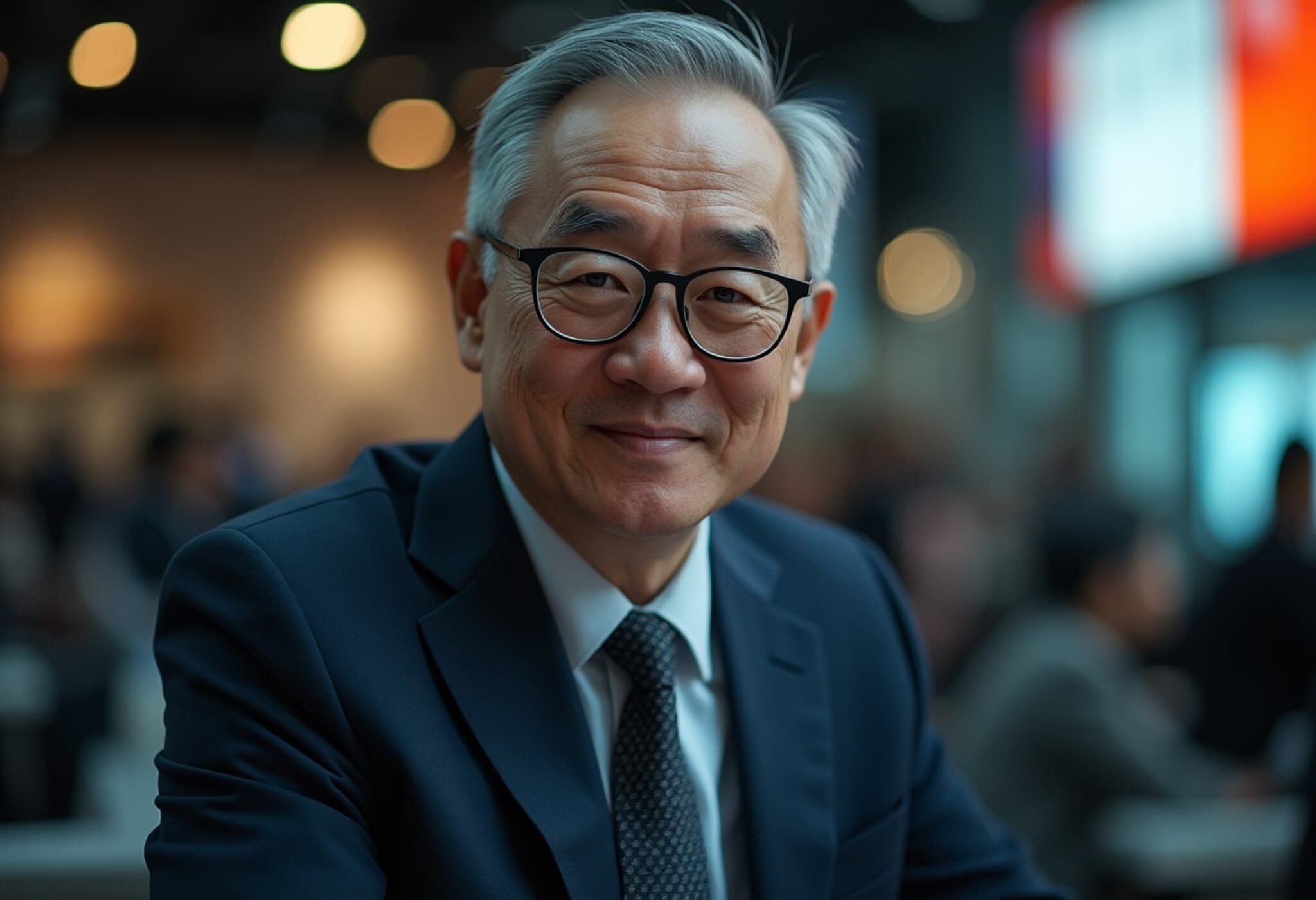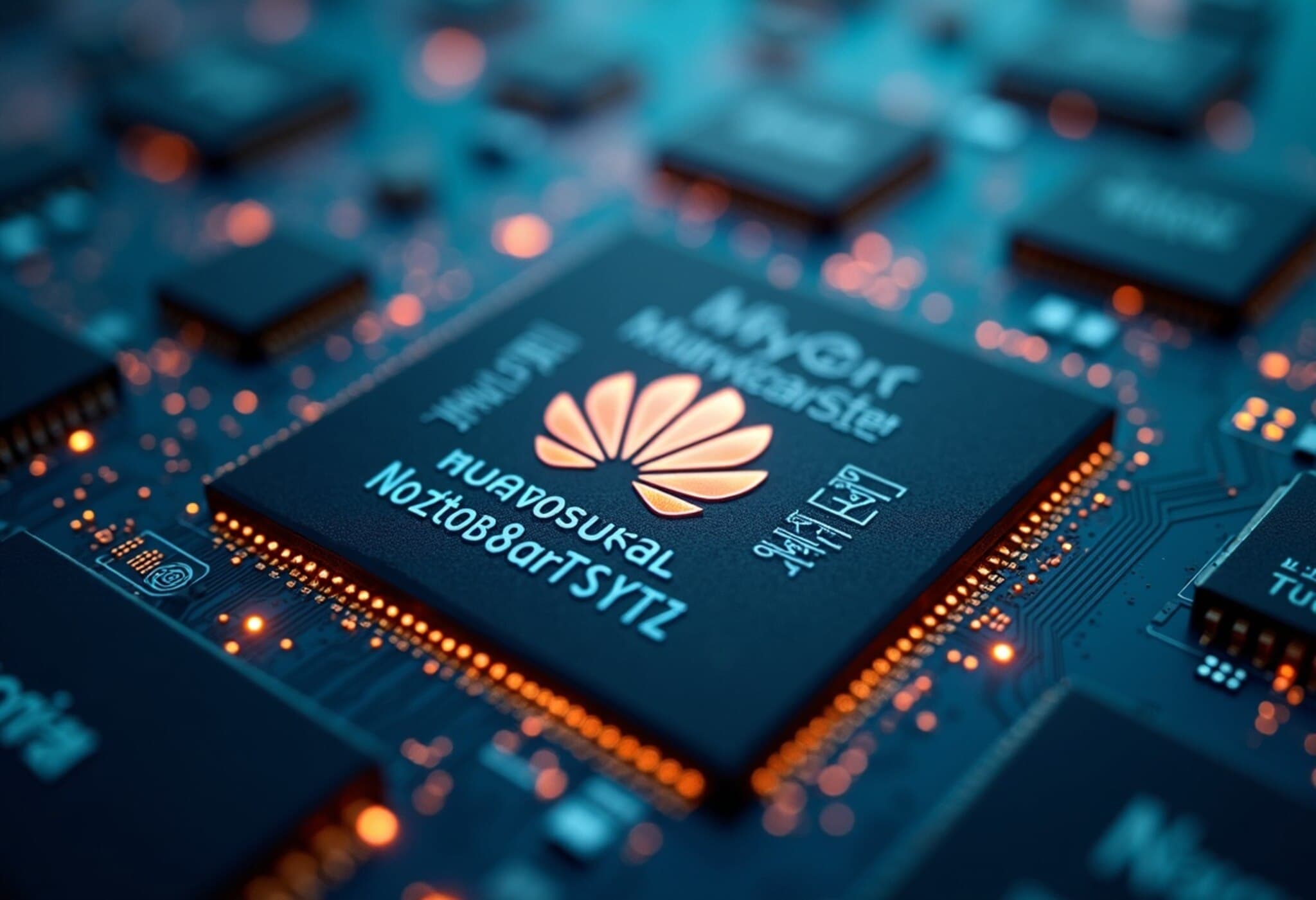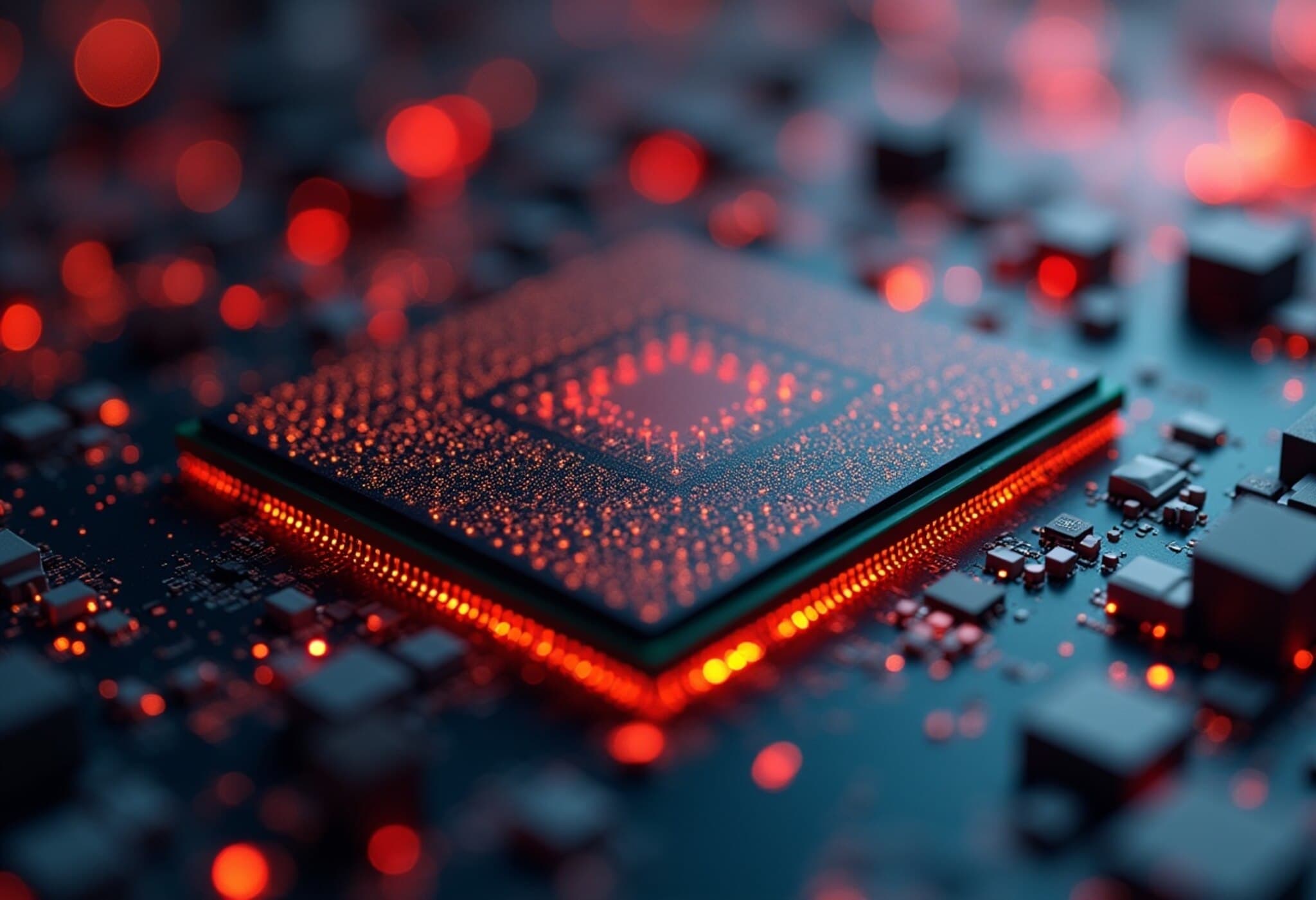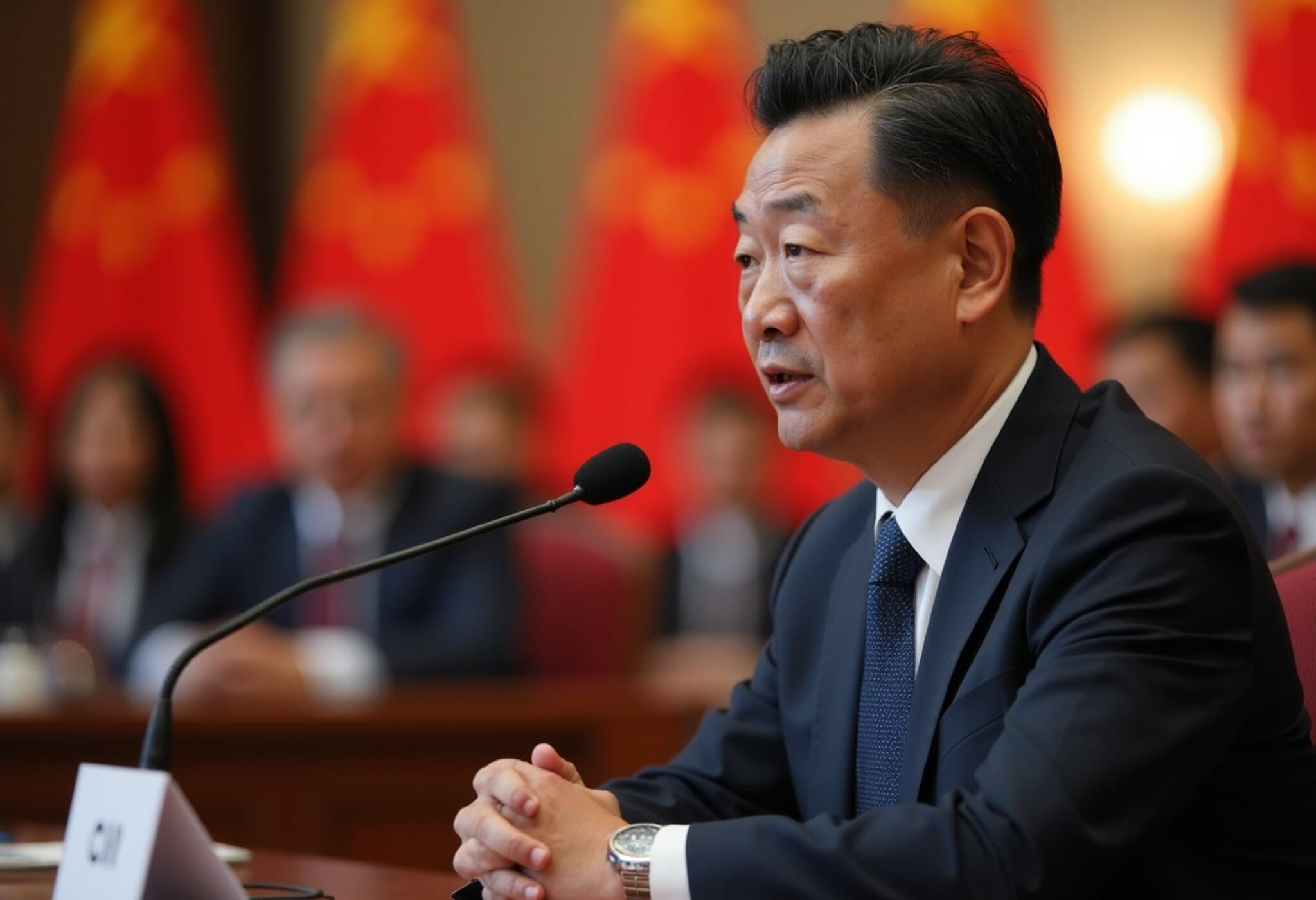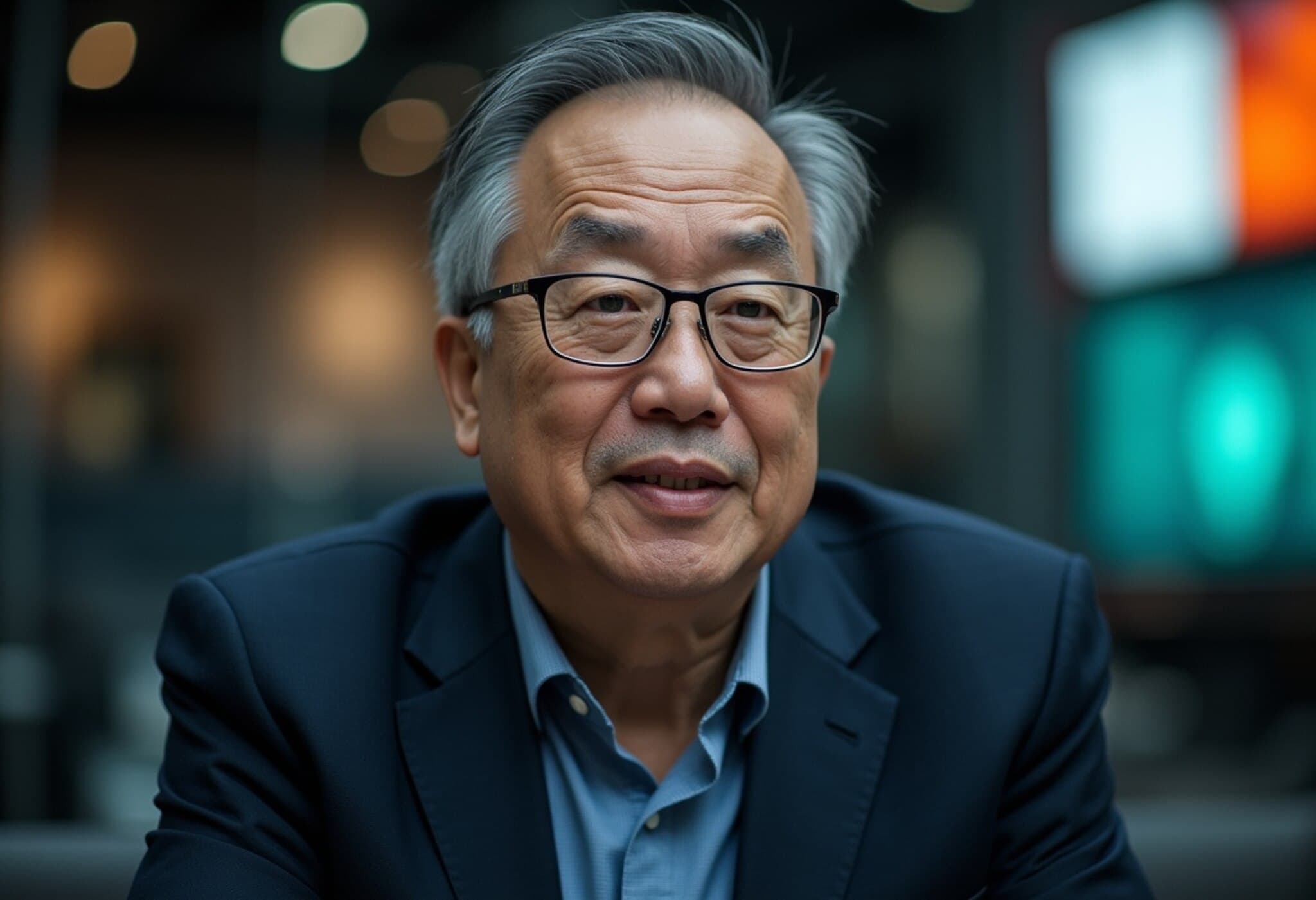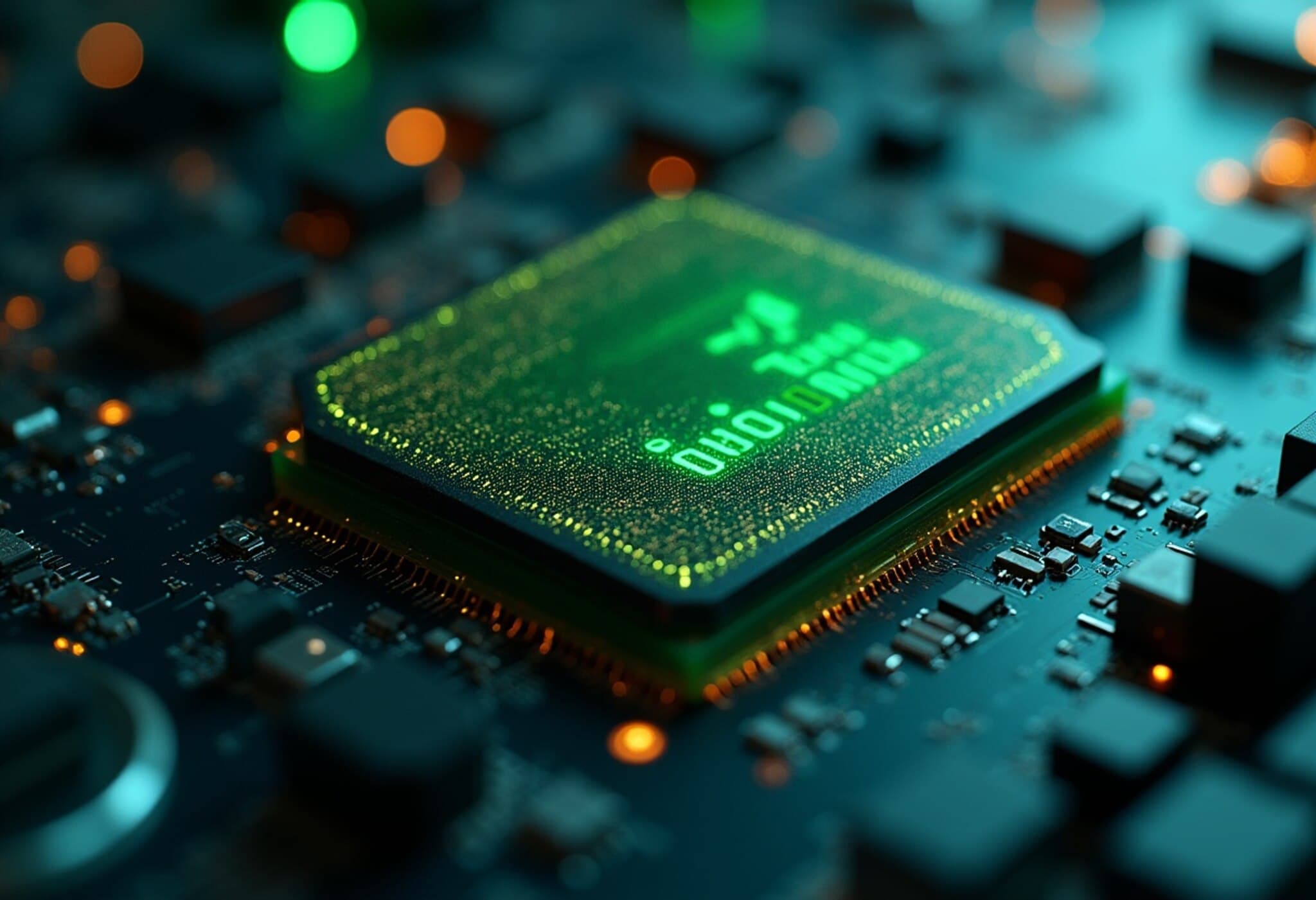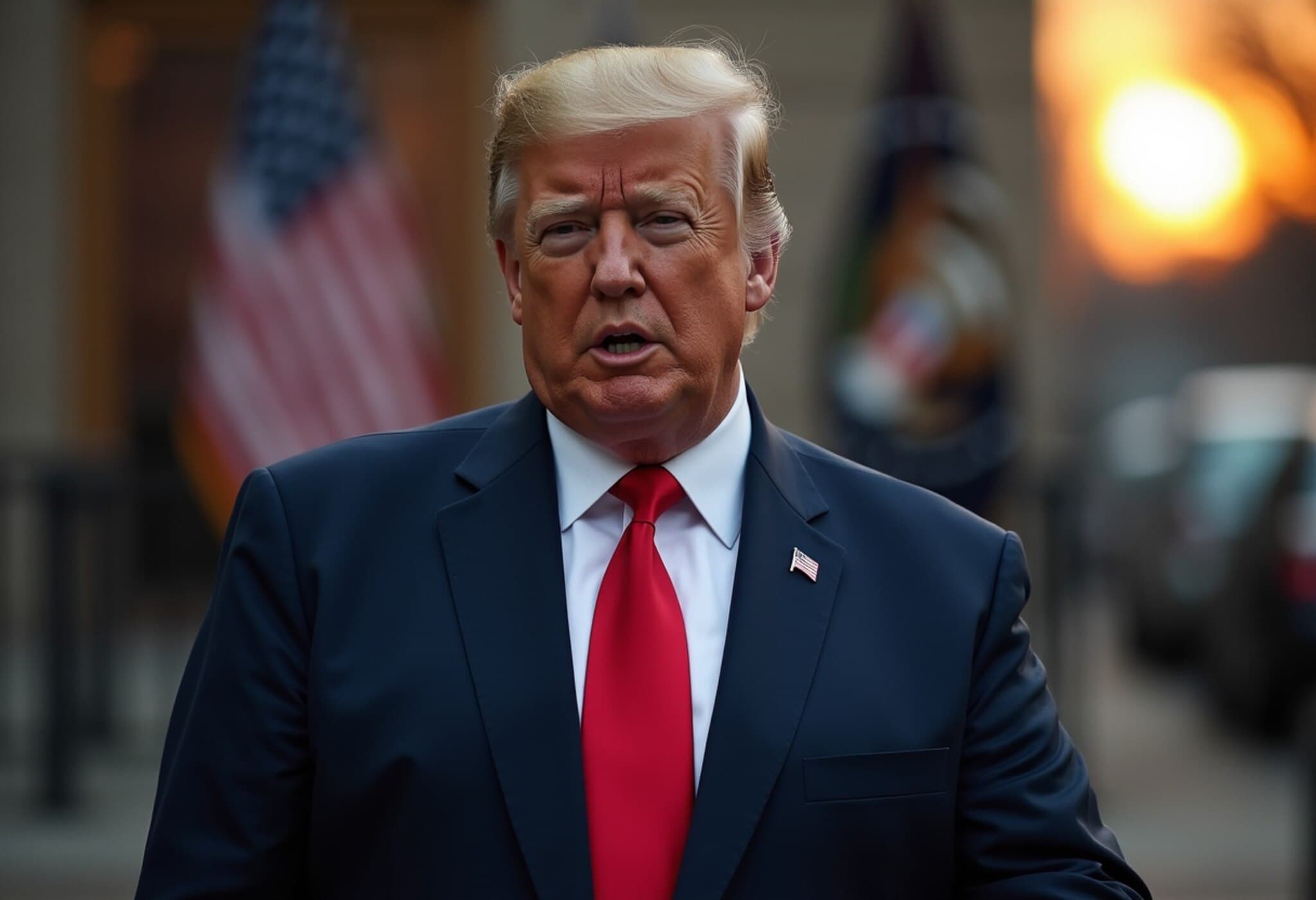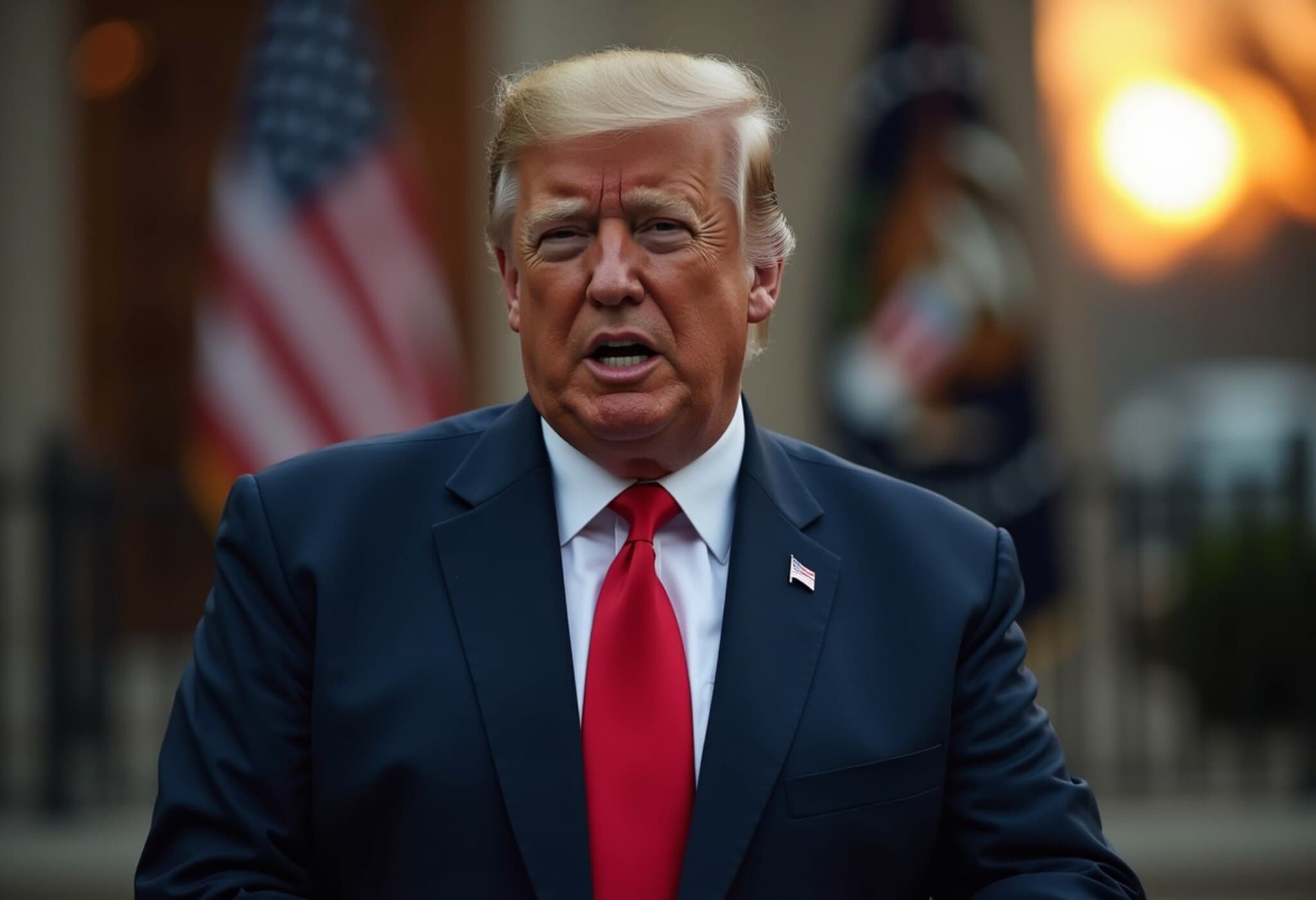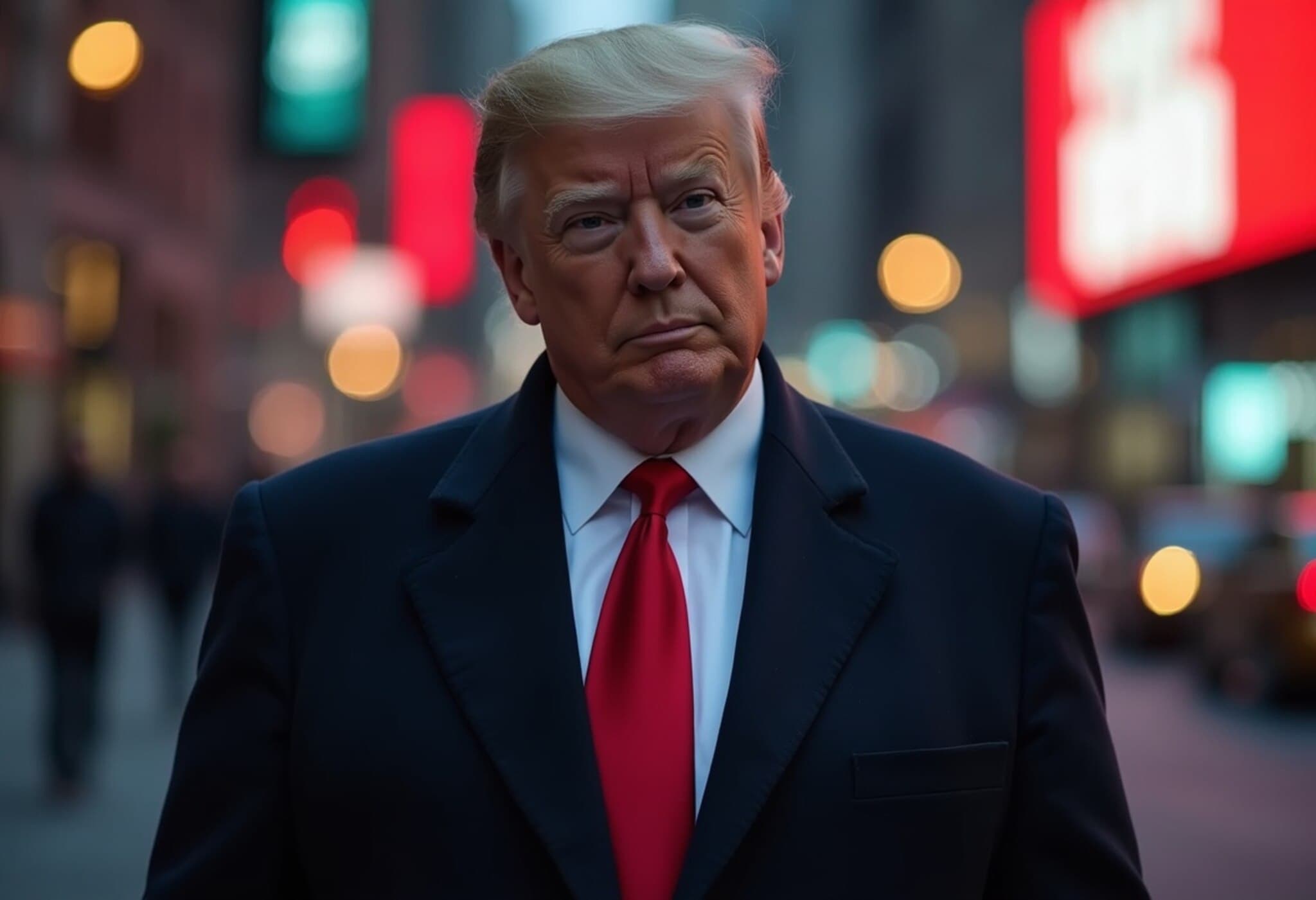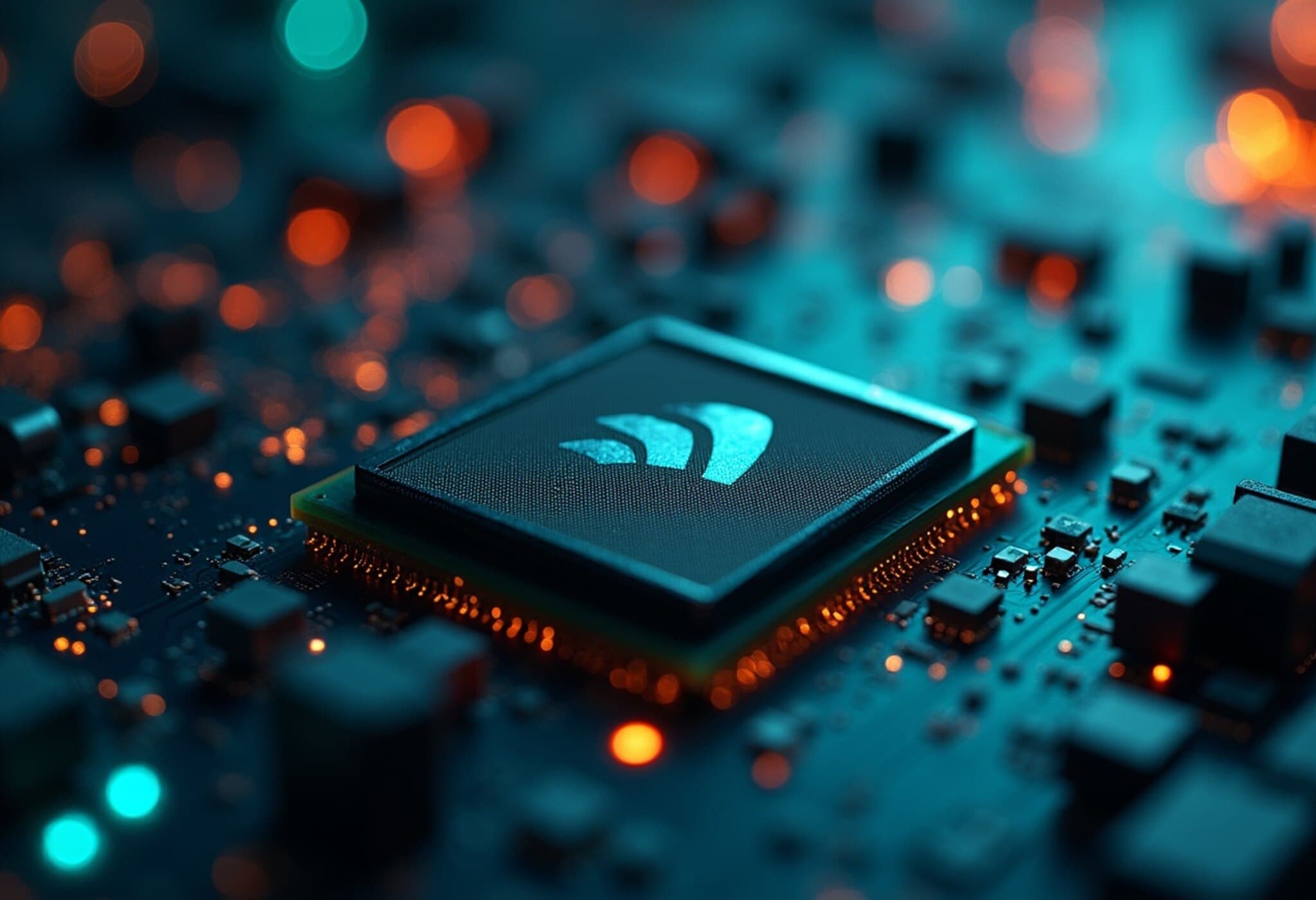Bipartisan US Senators Caution Nvidia CEO Ahead of China Trip
In a rare bipartisan move that underscores the growing geopolitical tensions surrounding advanced technology, U.S. Senators Elizabeth Warren (D-Massachusetts) and Jim Banks (R-Indiana) have jointly reached out to Nvidia CEO Jensen Huang. Their message, delivered in a formal letter on July 11, 2025, urges caution on Huang's impending visit to China, warning him to avoid meetings with firms that may be undermining U.S. export controls on semiconductors—key components in artificial intelligence and military technology.
Concerns Over Collaboration with Chinese Military and Intelligence
The senators explicitly requested Huang refrain from engaging with Chinese companies linked to the nation's military or intelligence agencies, as well as those listed on U.S. restricted export registries. “We are worried that your trip to the PRC could legitimize companies that cooperate closely with the Chinese military or involve discussing exploitable gaps in U.S. export controls,” the letter cautioned.
This appeal highlights a broader U.S. government anxiety about the rapid advancement of China’s AI capabilities, particularly as it pertains to developments that might enhance the Chinese military's modernization efforts. Officials have voiced concern that semiconductor hardware exports, especially those powering cutting-edge AI applications, could inadvertently strengthen China’s strategic capacities.
Nvidia’s Shanghai Research Expansion Raises Red Flags
Adding a layer of complexity to the situation is Nvidia’s recently established research facility in Shanghai, which lawmakers see as emblematic of potential technology transfers that could fuel China’s AI ecosystem. The senators referenced this facility to underscore their apprehensions about how Nvidia’s initiatives in China might contribute—directly or indirectly—to the PRC’s military-industrial ambitions.
Balancing Innovation, Commerce, and National Security
An Nvidia spokesperson responded by emphasizing the global leadership role of American technology, stating, “American wins when our technology sets the global standard.” They also highlighted China's massive pool of software developers and argued that AI technologies should ideally flourish on U.S.-based platforms, encouraging a worldwide preference for American innovation.
This response reflects the delicate balance major tech firms must strike: fostering global commerce and collaboration without compromising U.S. national security interests. Nvidia CEO Jensen Huang himself has voiced frustrations with the export control framework; notably, at a technology conference earlier this year in Taipei, he commended former President Donald Trump’s rollback of certain AI chip restrictions, and described prior regulations as ineffective.
Impact of Export Controls on Nvidia’s Business
The financial implications of export controls are significant. Huang estimated that the U.S. restrictions imposed in April would slash Nvidia’s revenue by approximately $15 billion, underscoring the high stakes involved for the chipmaker.
The Wider Legislative and Security Context
The senators’ letter reflects a growing bipartisan consensus regarding the need for robust AI hardware export controls. They expressed concern that advanced AI chips could accelerate the PRC’s military modernization, posing a challenge to U.S. geopolitical dominance.
Recent reports spotlight efforts by Chinese AI firms—such as DeepSeek—to circumvent U.S. export restrictions, sometimes through complex corporate structures like shell companies. This has prompted lawmakers to propose legislation mandating stringent verification processes to ensure AI chips do not end up in unauthorized hands.
Looking Ahead: Nvidia’s Strategic Choices
Interestingly, Nvidia is planning to introduce a more affordable version of its flagship Blackwell AI chips tailored specifically for the Chinese market, a move that has drawn scrutiny from U.S. policymakers concerned about technology diffusion.
This situation encapsulates the complex dynamics at play for companies operating at the intersection of innovation, global commerce, and national security in an era of rising U.S.-China technological rivalry.
Expert Insight: Navigating the Geopolitical Tech Tightrope
The Nvidia episode illustrates a broader trend where American tech giants find themselves balancing profitable market expansion in China with increasingly stringent national security imperatives from Washington. Experts note that semiconductor technology is rapidly becoming a geopolitical flashpoint, with ramifications beyond business, affecting international relations and defense paradigms.
Analysts advise that firms like Nvidia may need to enhance transparency and compliance protocols while working proactively with policymakers to mitigate risks tied to technology transfer. Moreover, this case raises critical questions about the efficacy of current export control frameworks in an era of rapid AI innovation.
Summary: Navigating Opportunities Amid Complex Challenges
As Nvidia’s CEO prepares for his China visit, the intersection of commerce, technology leadership, and national security looms large. The concerns expressed by Senators Warren and Banks reflect a fervent push within Washington to protect U.S. technological advantage without stifling innovation.
This episode underscores the urgency of developing nuanced policies that reconcile economic interests with security imperatives, ensuring that next-generation AI technology remains a driver of American innovation, not inadvertently a tool enhancing competitors bolstered by adversarial regimes.
Editor’s Note
This evolving story shines a spotlight on the challenging crossroads faced by companies at the forefront of AI innovation amid escalating U.S.-China tensions. Readers should watch for how Nvidia and other tech leaders engage with policymakers to shape export controls and navigate international collaborations. How will American innovation be safeguarded while maintaining a foothold in key global markets? The answers will influence the trajectory of AI's global impact and geopolitical balance for years to come.

